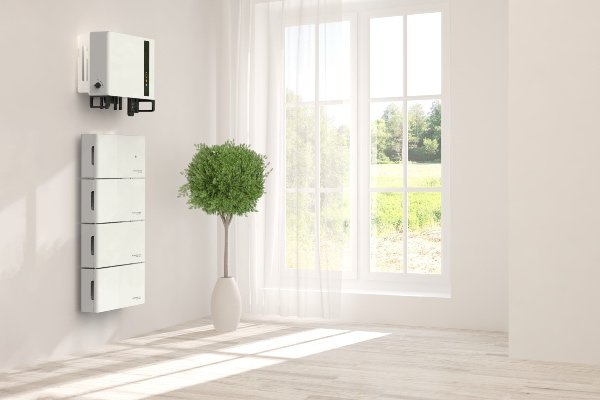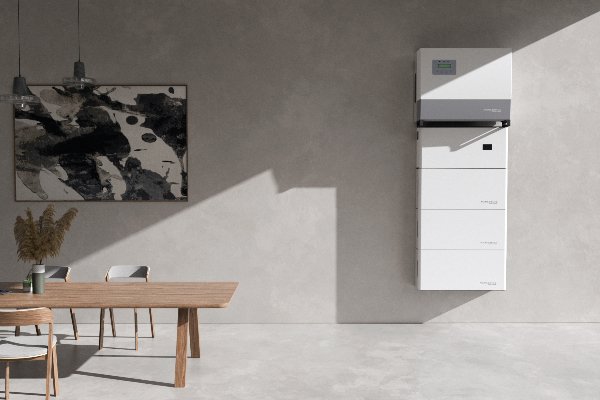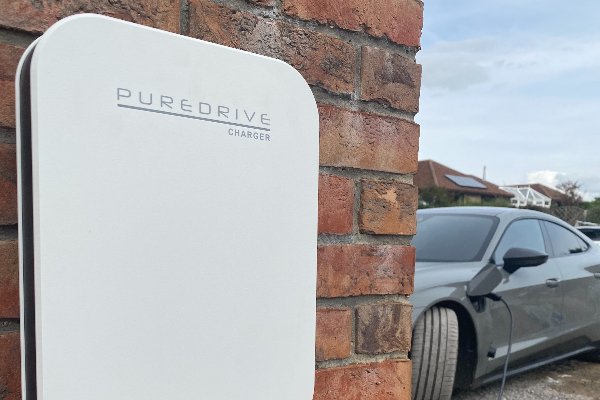This article first appeared in our Earth Day 2023 issue of My Green Pod Magazine, published on 22 April 2023. Click here to subscribe to our digital edition and get each issue delivered straight to your inbox
The latest Intergovernmental Panel on Climate Change (IPCC) report, released at the end of February, warned that human-induced climate change is causing dangerous and widespread disruption in nature and affecting the lives of billions of people around the world, despite efforts to reduce the risks.
‘This report is a dire warning about the consequences of inaction’, said Hoesung Lee, chair of the IPCC. ‘It shows that climate change is a grave and mounting threat to our wellbeing and a healthy planet. Our actions today will shape how people adapt and nature responds to increasing climate risks.’
Every small change will help to set us on the path to a safer future, and the report authors urge action from governments, businesses and citizens.
As awareness around humanity’s role in the climate crisis has grown, so too has our understanding around what we can do to mitigate our impact.
As a result it has never been easier to embark on the changes we need to implement – from reducing our dependence on fossil fuels to planting trees and helping to look after fragile habitats and ecosystems.
Positive actions in these areas will have the duel effect of slowing climate change while helping nature to adapt to changes that are already underway, helping to safeguard the planet for future generations.
Saving energy
Energy has become a pressing issue – in terms of both the type of energy we use and the amount we consume.
Most people would now agree that energy-saving solutions and tech must form the centrepiece of any imaginable sustainable future.
‘Businesses and individuals can reduce their carbon footprint, reduce energy consumption and reduce their costs’, explains Mark Millar, CEO of Puredrive Energy. ‘There are some positive signs that governments, businesses and individuals are taking action to move towards a greener and more sustainable future. Exploring how current developments in renewable energy are shaping the future of energy-saving solutions is important to understand.’
Puredrive Energy is a British company at the forefront of the green revolution, with a focus on cleaner energy solutions for the home.
The company manufactures home battery systems and electric vehicle (EV) chargers and connects them to its integrated app and ecosystem.
The goal is to protect ‘planet, property and pocket’ through integrated tech that brings down costs and makes cleaner lifestyles effortless.
Storing solar power
Batteries are no longer limited to the usual toys, laptops, remote controls and mobile phones – today they are being used in place of petrol and diesel to power EVs and even the electrics in the home.
Battery tech has quickly developed from the rechargeable lead-acid units developed in 1859 to much higher energy density solutions, such as lithium-based solutions. These are now being used in homes to capture excess energy generated from domestic solar panels.
Solar is one of the most abundant and renewable sources of energy available, but its intermittent nature has been a major obstacle to widespread use.
In addition to the challenge of generating energy at times when the sun isn’t shining, only around 30% of the energy that is generated by solar panels is used in the home they are installed on.
The rest – a significant majority – is exported to the grid where it can do nothing to help reduce the homeowner’s energy bill.
Home battery systems are becoming an increasingly popular way to solve the problem of wasted energy that has been generated by solar panels. The battery stores excess solar energy and uses it when the sun’s not shining, doubling bill savings.
 Play Video about This Rock Might Just Save The World
Play Video about This Rock Might Just Save The World Play Video about Play 2 hours of rock
Play Video about Play 2 hours of rock Play Video about Play 2 hours of brook
Play Video about Play 2 hours of brook Play Video about Play 2 hours of sheep
Play Video about Play 2 hours of sheep















































